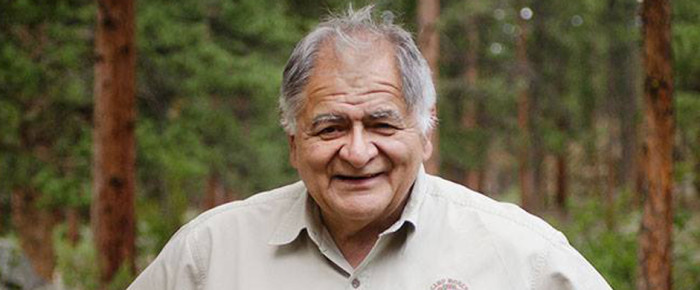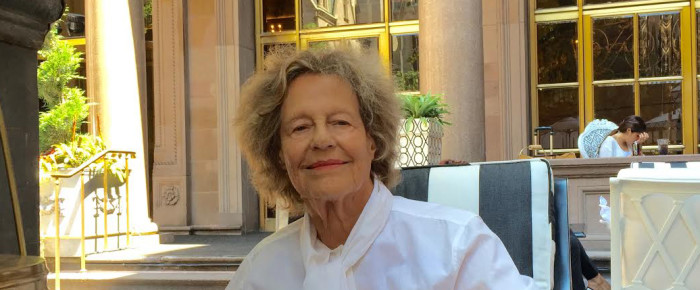Flo Meiler may be 81, but she’s still at the top of her games. She actually competed in 18 different sports last month at the World Masters Athletics Championships in…
Read more81-year-old pole vaulting champion on winning any challenge


Flo Meiler may be 81, but she’s still at the top of her games. She actually competed in 18 different sports last month at the World Masters Athletics Championships in…
Read more
Throughout his life, Roberto Moreno has worn many hats from mountain real estate developer to journalist to mountain hotelier. However at 68, his lifelong mission is not even near completion.…
Read more
“I used to spend hours on the rocks watching the waves splashing, smelling seaweed, collecting shells…,” Nicole Bigar wrote briefly about her strict childhood in her 2011 book, “Koukoumanias,” which is a…
Read more
Anthony Giovanniello grew up in an Italian-American household in Queens, NY, but for as long as he can remember, he says he’s had an affinity for Asian culture. “My parents…
Read more
Do you remember reading the play, “Zoot Suit” in high school or watching the movie “La Bamba” (1987), based on the life of 1950’s rocker Ritchie Valens, starring Lou Diamond…
Read more